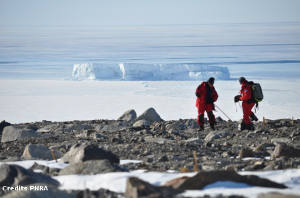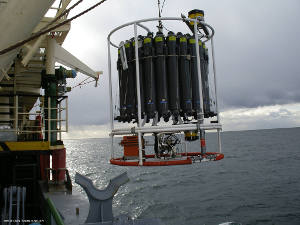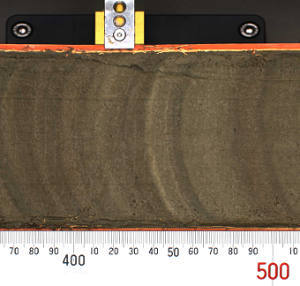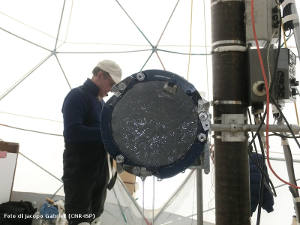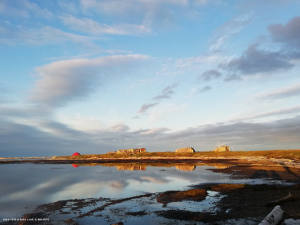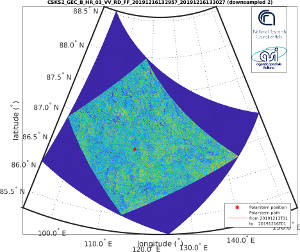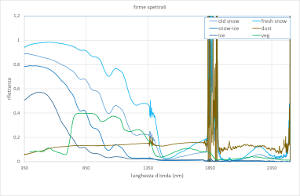Research Topics
The polar atmosphere is characterized by high stability and a the strong thermal inversion that occurs in these regions (the temperature increases with increasing altitude with respect to the ground, as opposed to what happens at mid-latitudes), both phenomena are a consequence of the almost perpetually frozen ground that is often covered with snow and ice. This also applies to the frozen surface of the sea, when covered by ice.
Another important element of the polar atmosphere is the presence of the so-called polar vortex, a swirling motion of the air masses around the pole that keeps the cold polar air masses separate from the warmer ones in mid-latitudes.
Knowledge of the thermodynamic characteristics of the polar atmosphere is fundamental studying the biogeochemical cycles of natural species and long-distance transport processes of atmospheric components from populated areas.
The research activities carried out at ISP are aimed to deepen the knowledge of the processes and the interactions between the different components of the climate system, in particular at the interfaces air-snow-soil and air-sea-sea ice.
Atmospheric composition
The polar regions represent an open laboratory to study the biogeochemical cycles of natural species, the atmospheric chemical transformations in an uncontaminated continent, as well as the transport processes from the middle and low latitudes. Several constituents characterize the atmospheric composition, among which the so-called greenhouse gases (such as water vapor, carbon dioxide and methane whose concentrations are influenced by anthropogenic activities and natural processes), and aerosols are of considerable importance. The latter have a major impact in the polar regions because they are strongly linked to the feedback processes that amplify climate change.
The atmospheric aerosol is composed of particles suspended in the atmosphere, which can be of natural origin (through the lifting by winds of particles from bare or desert surfaces, of marine spumes and of volcanic origin or linked to large fires) or anthropogenic (industrial and fuel emissions). The study of the chemical composition of Antarctic and Arctic aerosols is one of the key points in polar research. These studies are performed through the use of specific chemical tracers, such as water-soluble components, organic acids, sugars, phenolic compounds, amino acids, trace elements or rare earths. Aerosol plays an important role in climate regulation by interacting with solar radiation and modifying the microphysical properties of clouds.
Research Topics
Introduction
The ISP’s research activities are mainly carried out in the Antarctic and Arctic Regions where snow and ice are the dominant aspects of the landscape. These regions, more than others, are affected by climate change and because of this the work of scientists has become a real race against time to be able to learn more about the history of our planet in order to understand how human activities, from the dawn of civilization to present day, have impacted ecosystems, by interacting with and modifying the delicate balances that govern the Earth’s climate system.
Polar environments are highly biodiverse on a spatial temporal scale as well as at different levels of biological organization, from the molecular level to the entire ecosystem. Recent and rapid climatic and environmental changes give urgency to understanding the response of biological communities to these changes, and their impact in the short and long term. In this context, ISP researchers study the different bio-ecological aspects of the marine and terrestrial ecosystems of both poles. Their research is developed along four main often interconnected research fields.
Biodiversity and adaptation
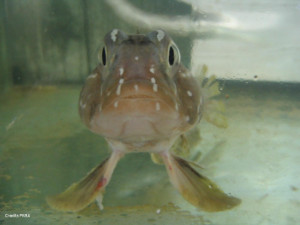 Polar biological communities are heavily influenced by several local factors concomitant to low temperatures, such as dryness, ice cover, poor nutrient availability, exposure to harmful solar radiation (e.g. UV-B radiation), extremely variable light periods and, in specific cases, high salinities and osmotic stress. Biodiversity guarantees the functioning of all ecosystems, so studying the properties and temporal evolution of polar ecosystem is fundamentally important for improving our knowledge of its current state and predicting its future development, particularly in the light of climate change. The analysis and monitoring of the biodiversity of biological communities and their ecological dynamics constitutes the focal point of this research topic. The study of the morphological-functional adaptation mechanisms adopted by polar organisms for survival in extreme conditions is particularly interesting.
Polar biological communities are heavily influenced by several local factors concomitant to low temperatures, such as dryness, ice cover, poor nutrient availability, exposure to harmful solar radiation (e.g. UV-B radiation), extremely variable light periods and, in specific cases, high salinities and osmotic stress. Biodiversity guarantees the functioning of all ecosystems, so studying the properties and temporal evolution of polar ecosystem is fundamentally important for improving our knowledge of its current state and predicting its future development, particularly in the light of climate change. The analysis and monitoring of the biodiversity of biological communities and their ecological dynamics constitutes the focal point of this research topic. The study of the morphological-functional adaptation mechanisms adopted by polar organisms for survival in extreme conditions is particularly interesting.
 Ice Memory is an international Research Project, recognized by UNESCO, which aims to preserve a testimony from current glaciers, threatened by global warming, for future generations. The project aims to collect ice cores from glaciers all over the world and to store them in a library to preserve the information that such real archives of past eras can provide. For this purpose, a site has been set up in Antarctica, where the cores will be transferred and stored to safeguard the information contained therein for future generations of scientists.
Ice Memory is an international Research Project, recognized by UNESCO, which aims to preserve a testimony from current glaciers, threatened by global warming, for future generations. The project aims to collect ice cores from glaciers all over the world and to store them in a library to preserve the information that such real archives of past eras can provide. For this purpose, a site has been set up in Antarctica, where the cores will be transferred and stored to safeguard the information contained therein for future generations of scientists.
Starting in 2015 various core drilling campaigns in different parts of the planet have been performed:
- Col du Dôme, Mt Bianco, Italy
- Nevajo Illimani, Bolivia
- Mt Elbrus, Georgia
- Altai, Russia
- Grand Combin, Switzerland
Contact person: carlo.barbante AT cnr.it
For further information visit www.ice-memory.org
The oceans and the polar seas are studied for their physio-chemical and biological properties, their water mass circulation patterns, their exchange of heat and energy with the atmosphere and the geological processes that are active in the different oceanic basins that contribute to the deposition of marine sediments.
Scientists at the Institute of Polar Sciences deal with several aspects of oceanography in the polar seas:
Physical and chemical oceanography
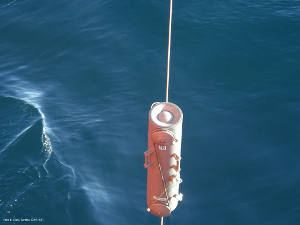 The polar oceans are one of the most important elements driving global climate. Dense and cold waters produced at high latitudes spread throughout the oceans and contribute to the global ocean Conveyor Belt. These water masses transport both heat and dissolved substances, gases and particles around the globe, significantly affecting the overall composition of the oceans and, ultimately, the Earth's climate. The chemical composition of water masses flowing in the polar seas, including their trace elements, organic compounds, stable and radiogenic isotope composition, allows us to evaluate the relationships between the different water masses (e.g. old vs. recently ventilated waters) and improve our understanding of the underlying processes. These data will then be used by climate modelers to tune and refine model parameters to improve understanding of the interactions between the water masses and improve our knowledge of the overall global climate system.
The polar oceans are one of the most important elements driving global climate. Dense and cold waters produced at high latitudes spread throughout the oceans and contribute to the global ocean Conveyor Belt. These water masses transport both heat and dissolved substances, gases and particles around the globe, significantly affecting the overall composition of the oceans and, ultimately, the Earth's climate. The chemical composition of water masses flowing in the polar seas, including their trace elements, organic compounds, stable and radiogenic isotope composition, allows us to evaluate the relationships between the different water masses (e.g. old vs. recently ventilated waters) and improve our understanding of the underlying processes. These data will then be used by climate modelers to tune and refine model parameters to improve understanding of the interactions between the water masses and improve our knowledge of the overall global climate system.
The increasingly evident melting of the ice sheets and glaciers with the consequent changes in sea level, together with the destruction of the ice shelves, highlight how this part of the cryosphere is an extremely fragile portion of the Earth system. Glaciers are unique climate archives that give us the opportunity to investigate the climate of the past and to assess the changes taking place with a long-term perspective. However, these changes are also evident from the melting of the permafrost, which has a dramatic impact in polar and high-altitude mid-latitudes areas. In the difficult context of climate change, the researchers of the Institute of Polar Sciences, through their interrelated research activities, deal with the study of snow and ice, their chemical composition and their main physical parameters, the evolution of the permafrost and the impact of increased melting on the atmosphere, biosphere and hydrosphere at both regional and global levels.
Snow cover
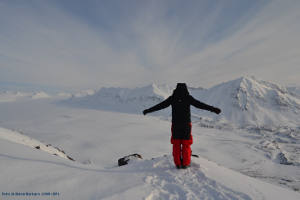 As well as affecting the mass balance of glaciers and polar ice caps, snow preserves the chemical composition of the atmosphere and interacts dynamically with all other environmental components of the polar regions. It represents an extremely reactive portion of the cryosphere where multiple post-depositional processes can occur. The study of snow cover in these regions is therefore essential to understanding the processes, interactions and changes that are occurring as a result of climate change and help us to assess the impacts on the global system. It is also critical for understanding the mechanisms of re-emission and release of compounds accumulated during the polar night and the significant impact that these releases may have on polar bio-geochemical cycles.
As well as affecting the mass balance of glaciers and polar ice caps, snow preserves the chemical composition of the atmosphere and interacts dynamically with all other environmental components of the polar regions. It represents an extremely reactive portion of the cryosphere where multiple post-depositional processes can occur. The study of snow cover in these regions is therefore essential to understanding the processes, interactions and changes that are occurring as a result of climate change and help us to assess the impacts on the global system. It is also critical for understanding the mechanisms of re-emission and release of compounds accumulated during the polar night and the significant impact that these releases may have on polar bio-geochemical cycles.
Photo by Elena Barbaro (CNR-ISP)
 Ministero dell'Universita e Ricerca
Ministero dell'Universita e Ricerca
Programma Ricerche Artico
Programma Nazionale di Ricerca in Antartide
 Ministero degli Affari Esteri e della Cooperazione Internazionale
Ministero degli Affari Esteri e della Cooperazione Internazionale
L'Italia e l’Artico
L’Italia e l’Antartide
CNR-ISP
National Research Council
Institute of Polar Sciences
c/o Scientific Campus - Ca' Foscari University Venice - Via Torino, 155 - 30172 VENEZIA MESTRE (VE)
Phone: +39 041 2348547 - E-mail: protocollo.isp AT pec.cnr.it
Fax: +39 041 2348 549 - Codice Fiscale: 80054330586 - P.I.:02118311006
Unless otherwise indicated, the content of this site is licensed : Attribution Non Commercial Share Alike 4.0 International (CC BY-NC-SA 4.0)
Privacy policy e Cookie policy - Transparent administration (CNR)






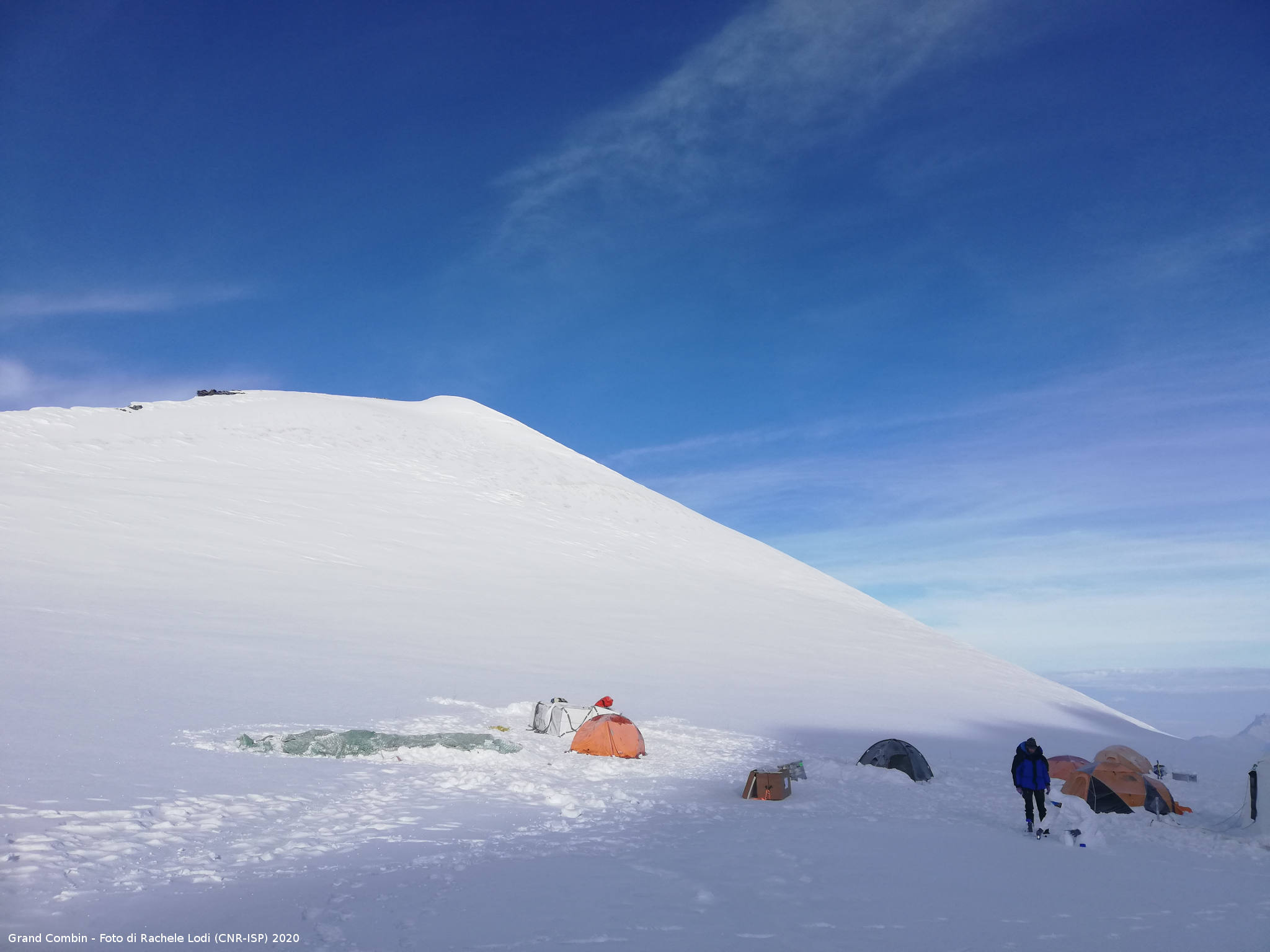
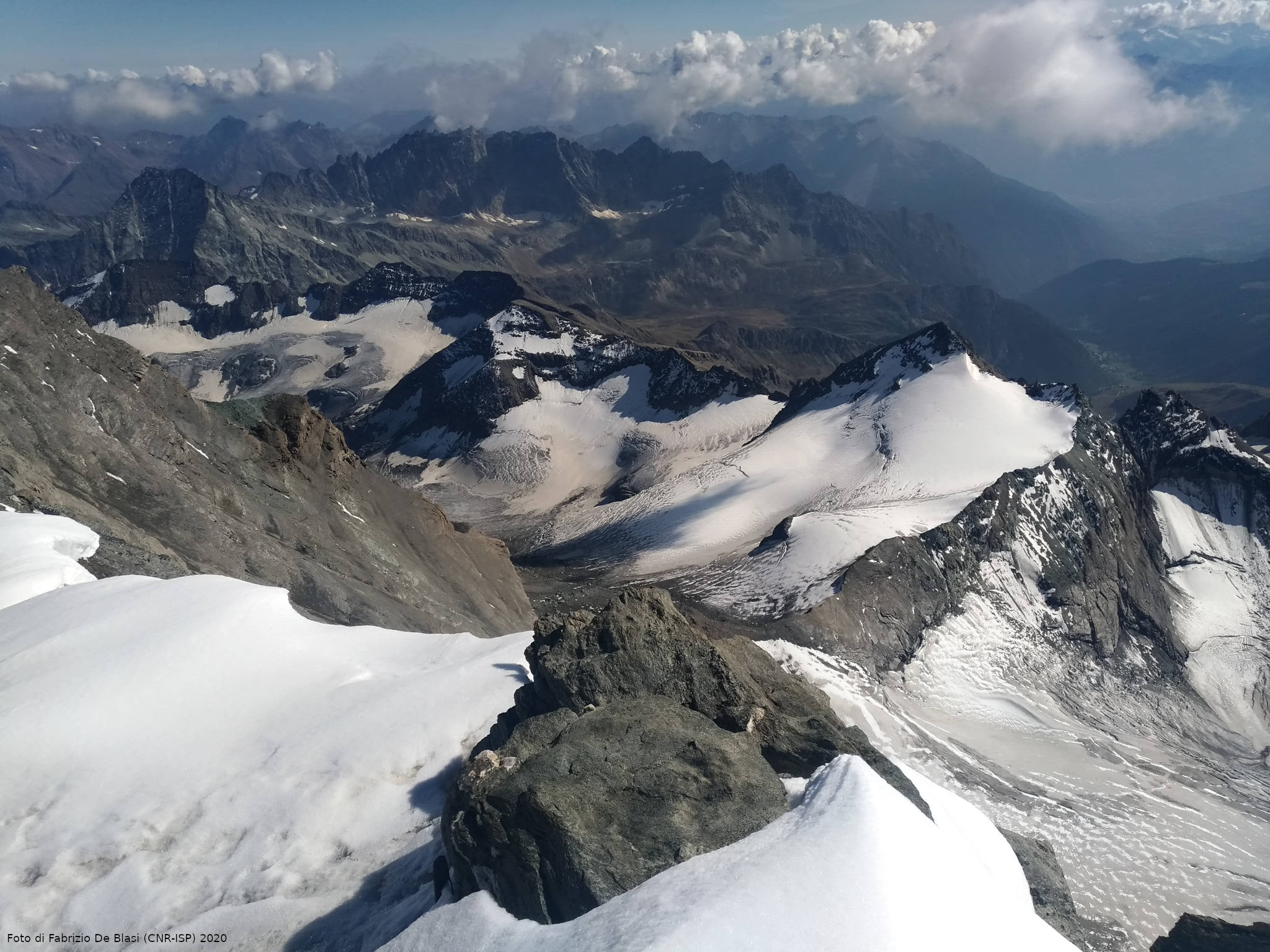
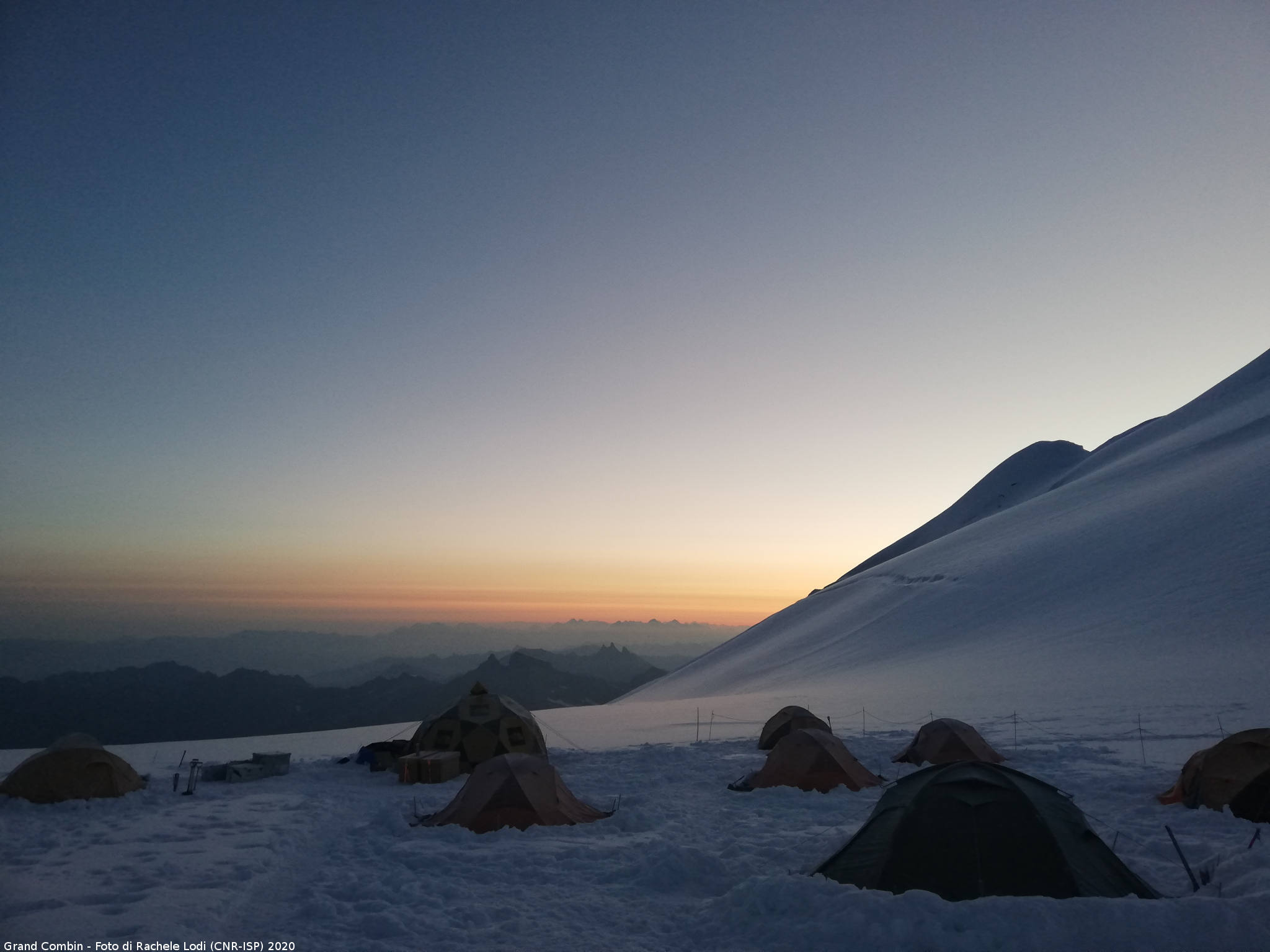
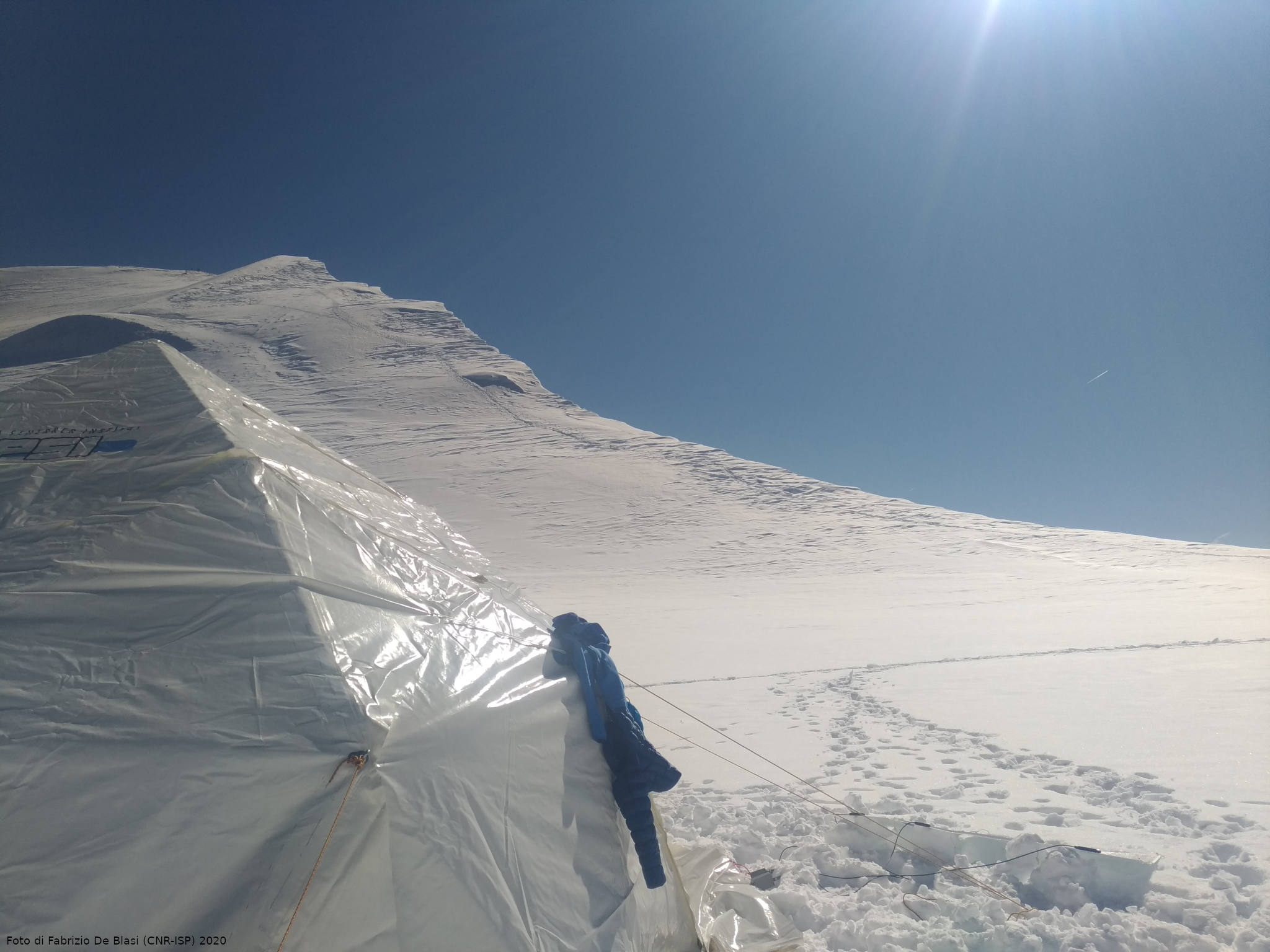
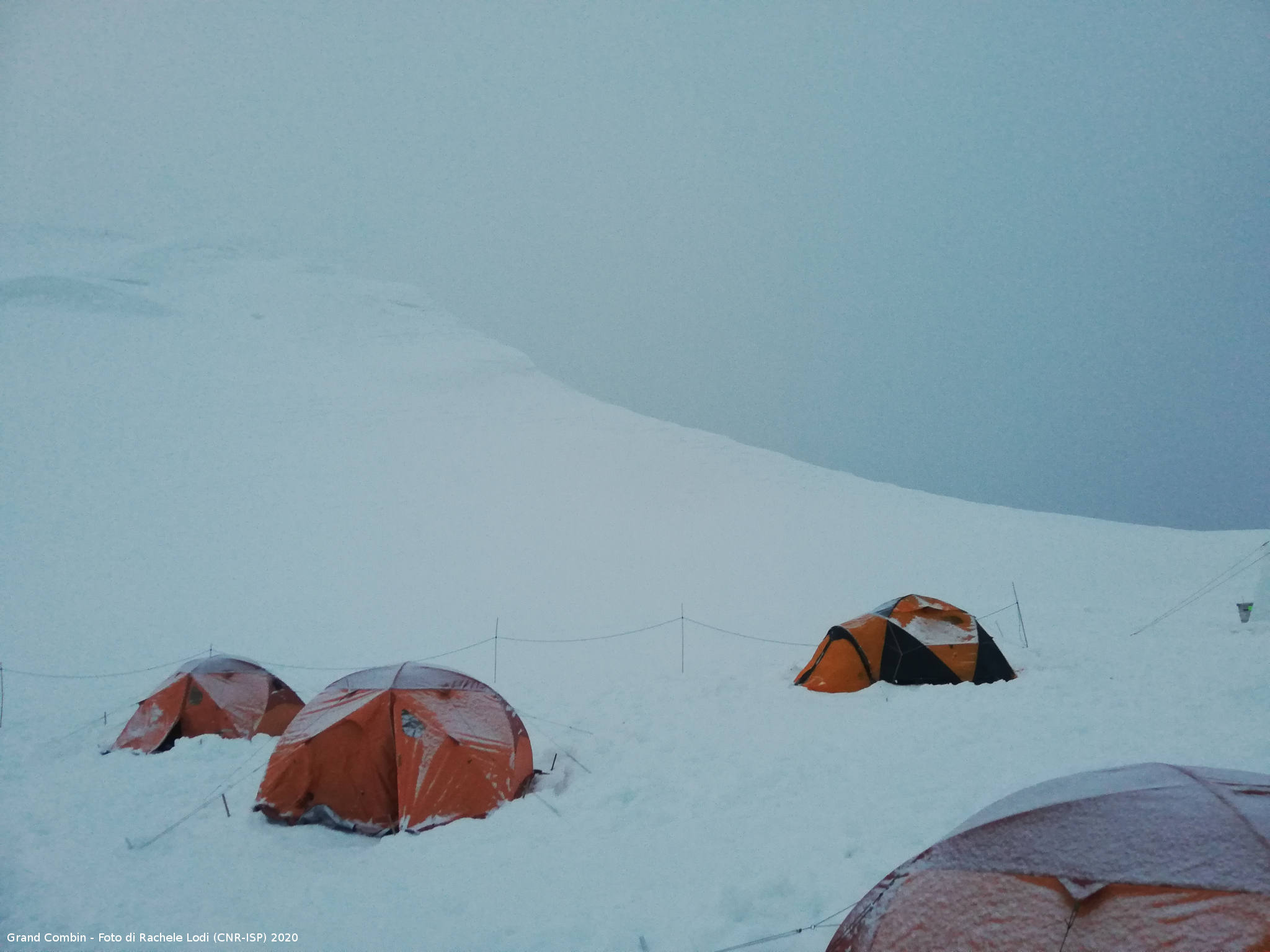
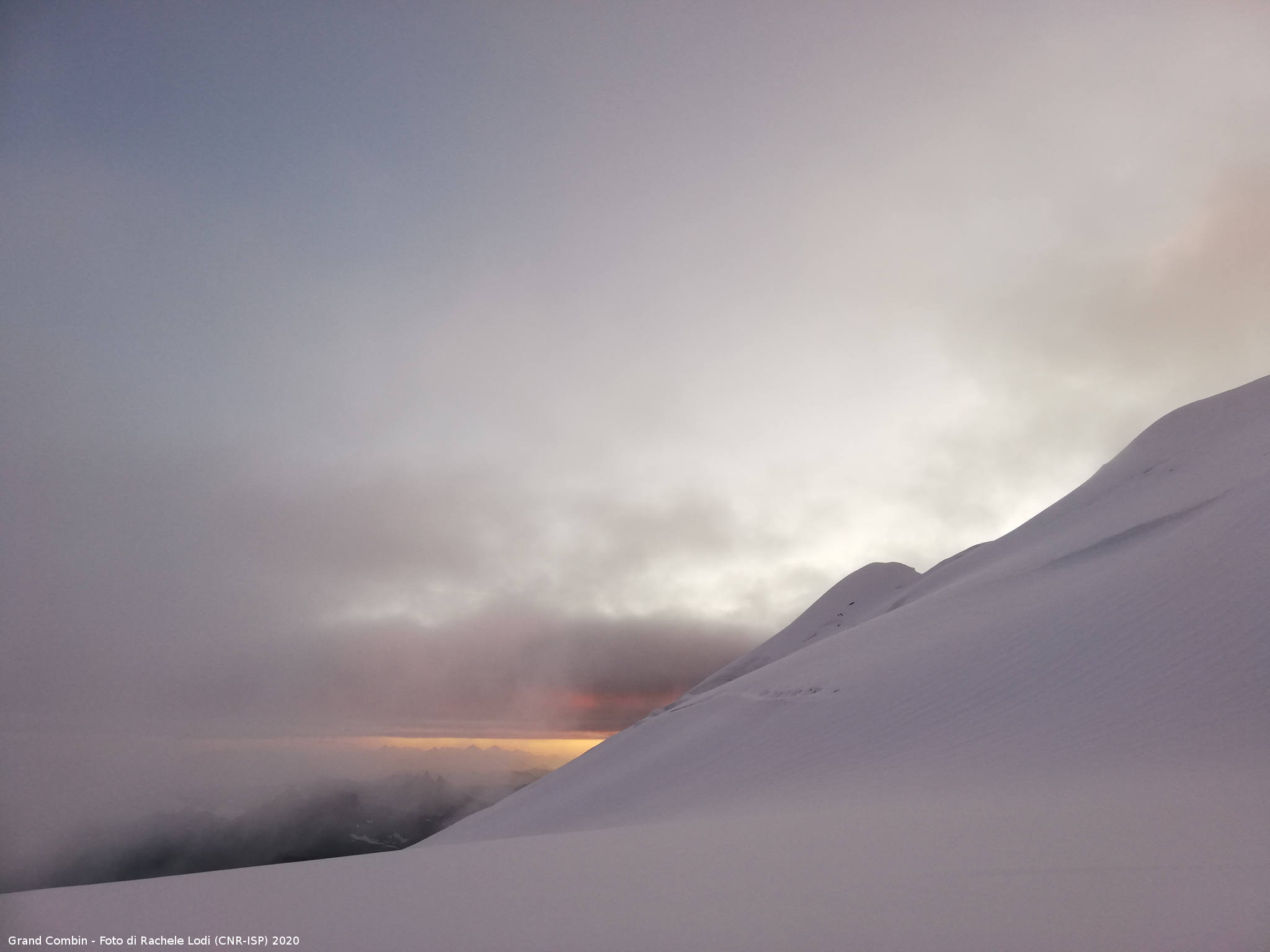
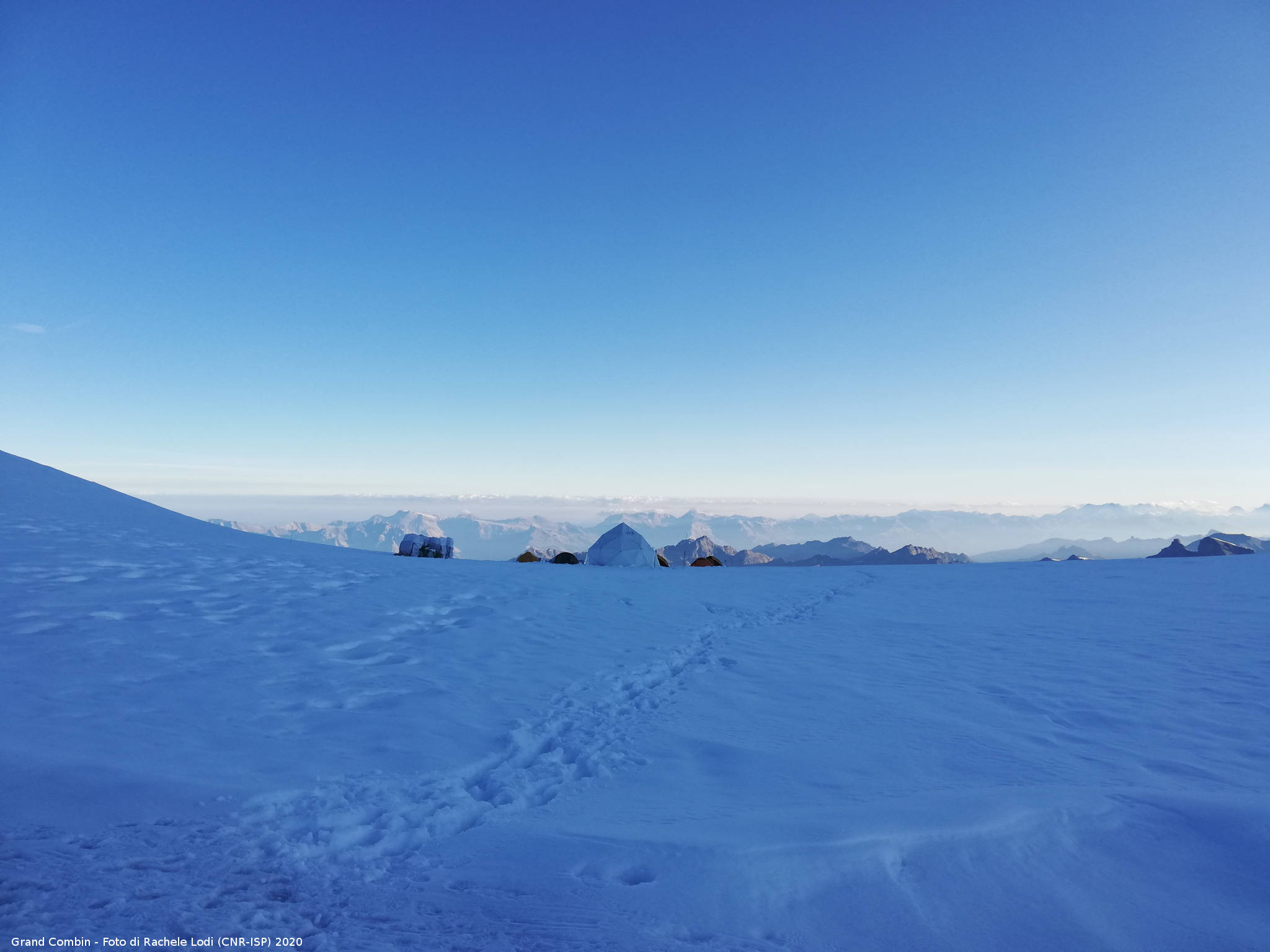
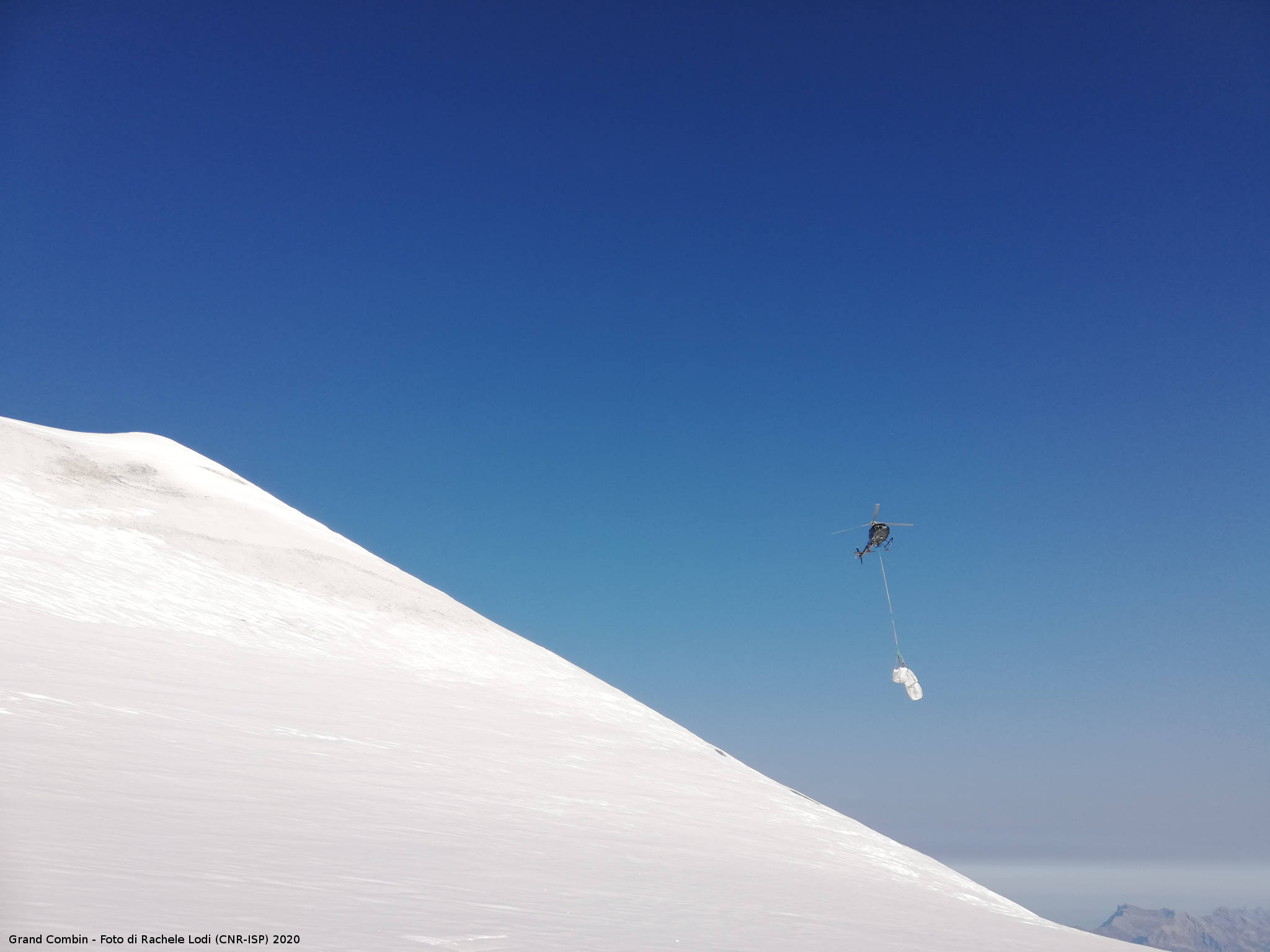
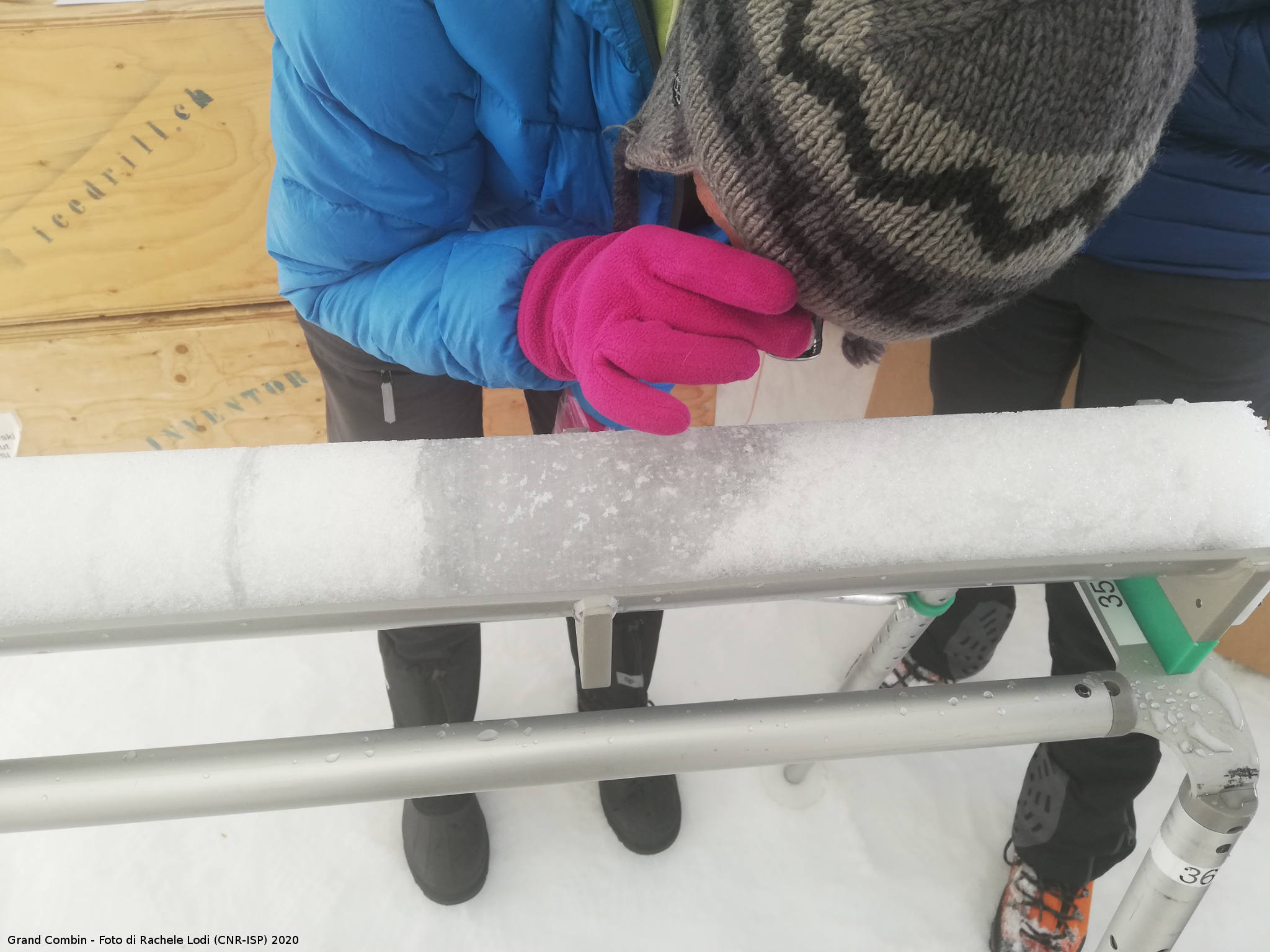
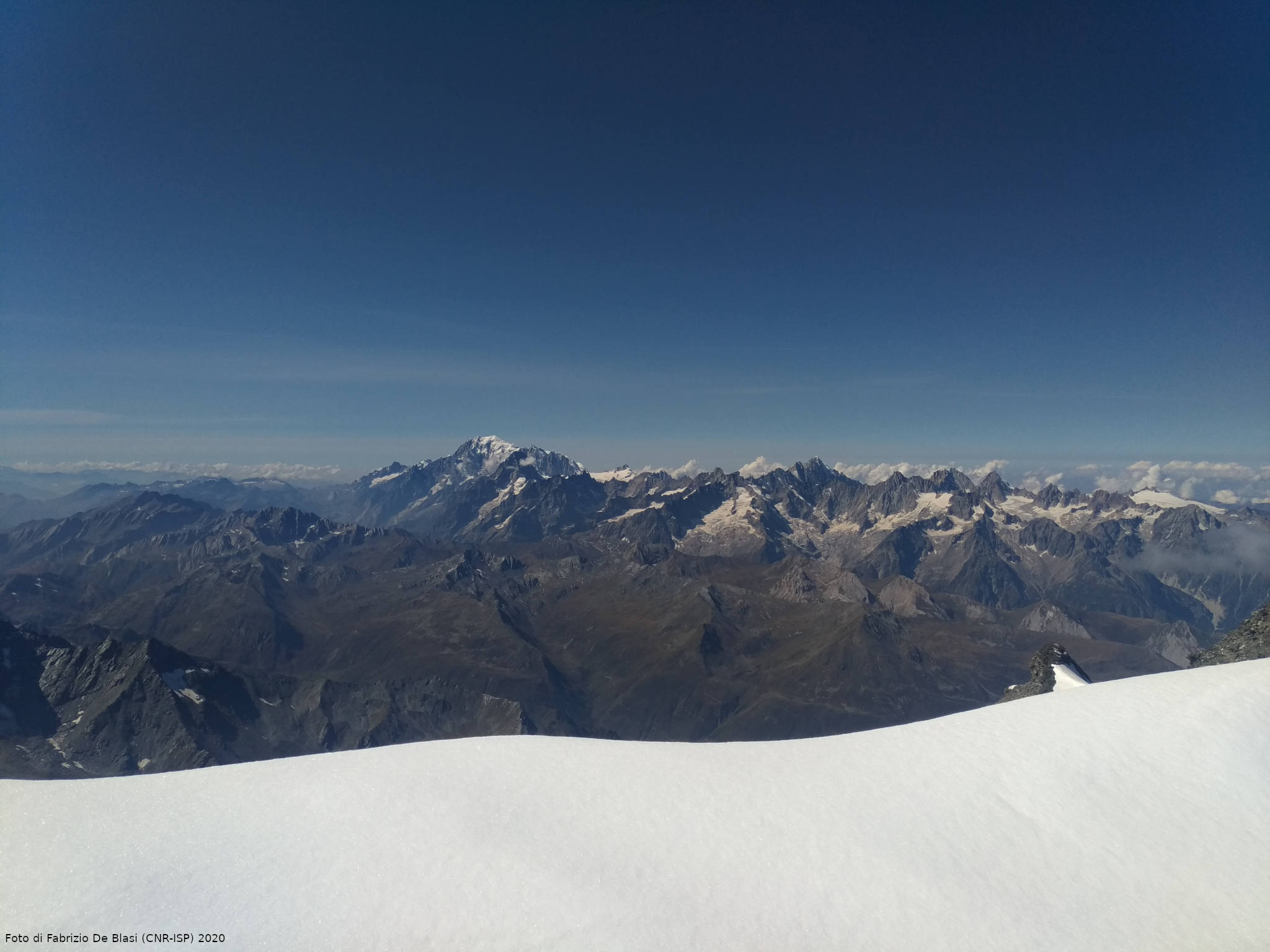
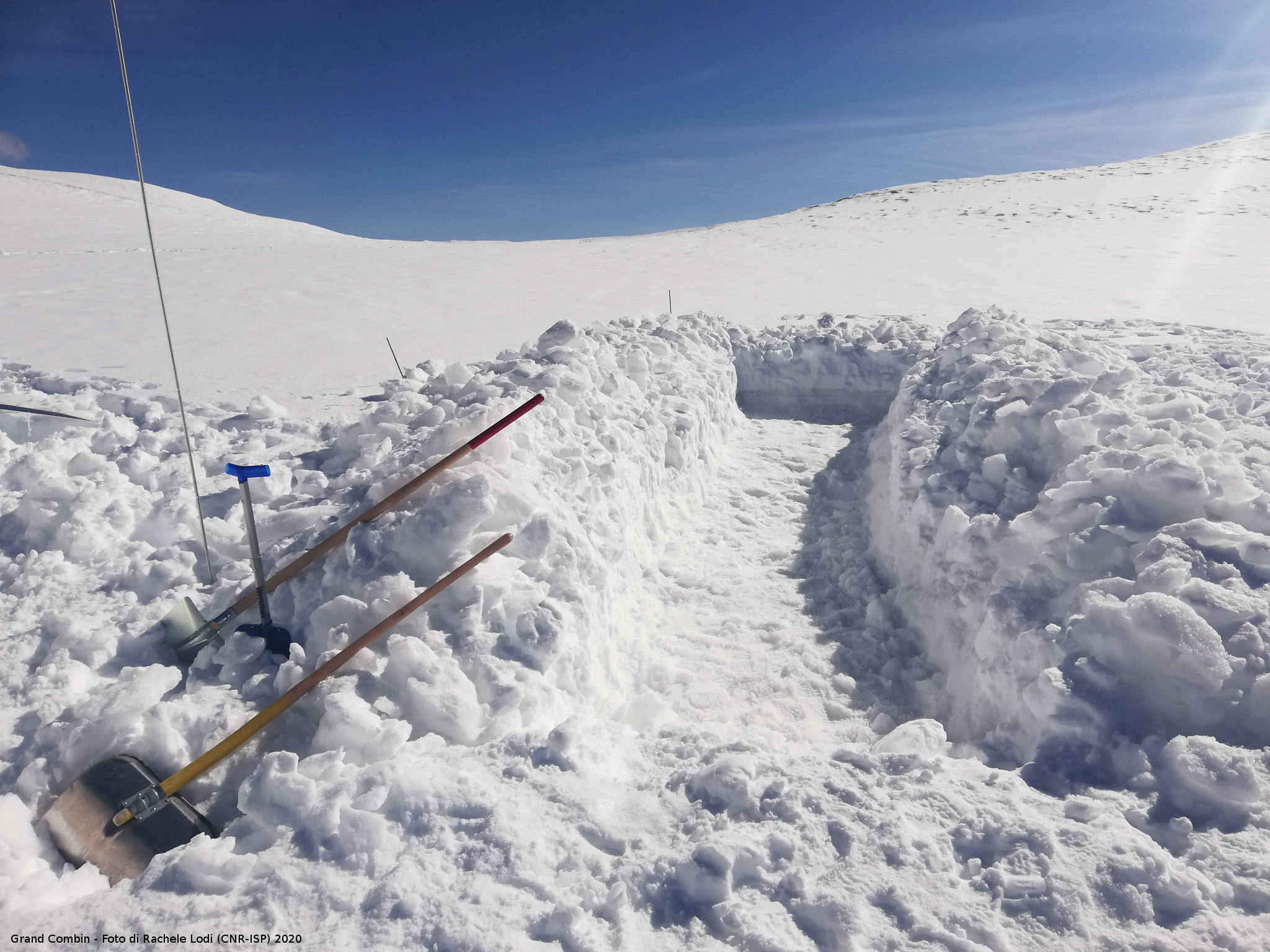
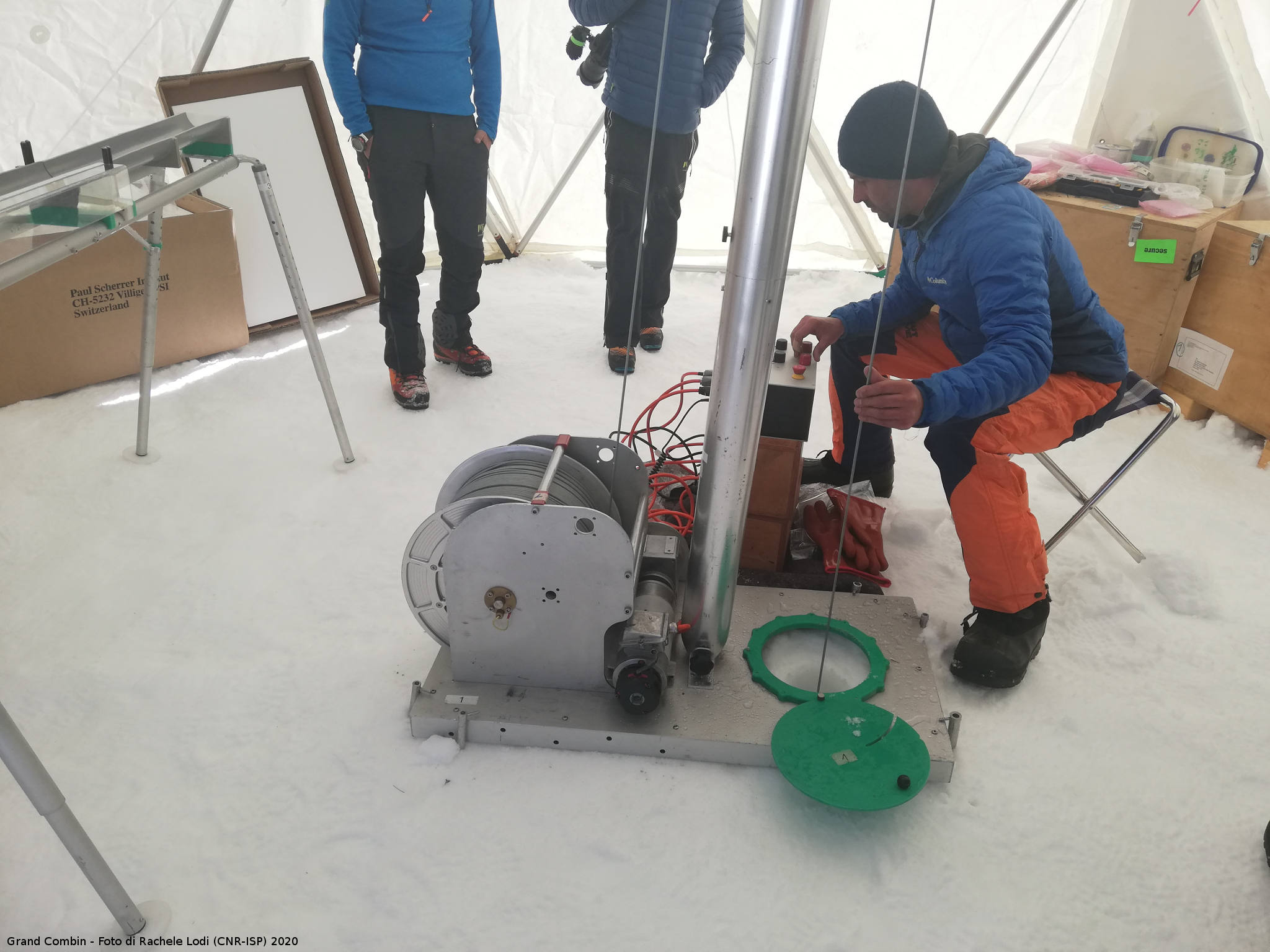
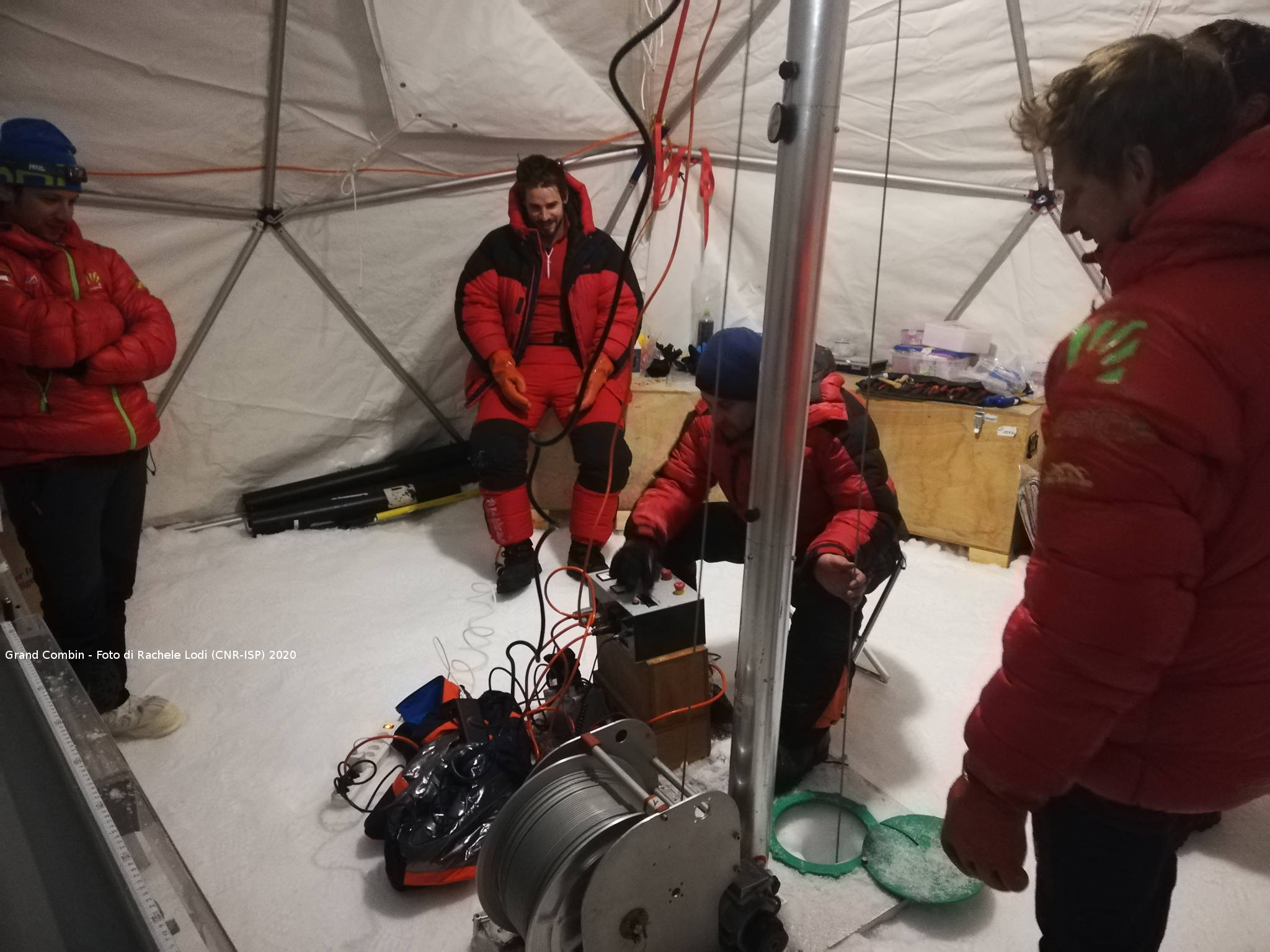
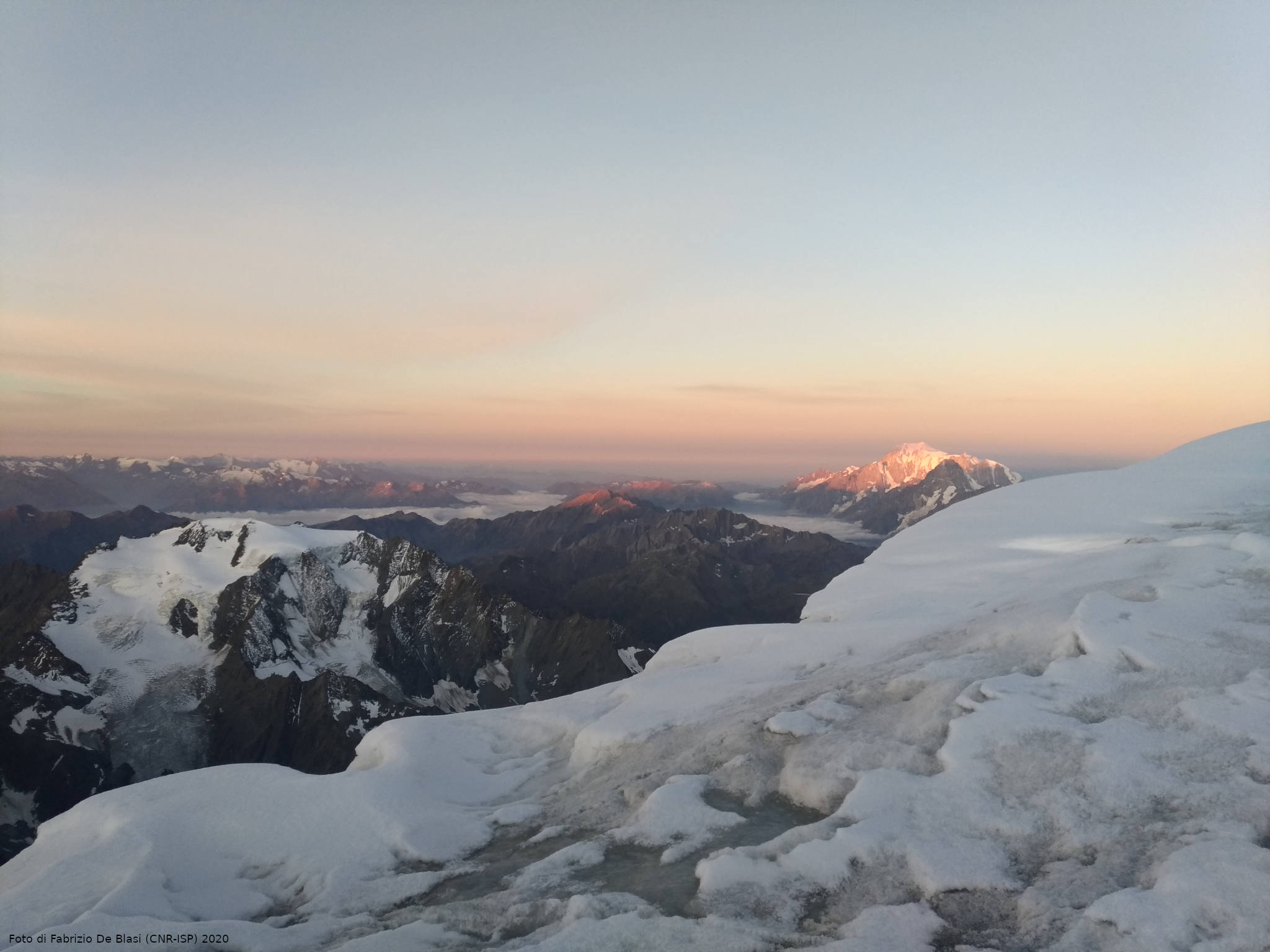
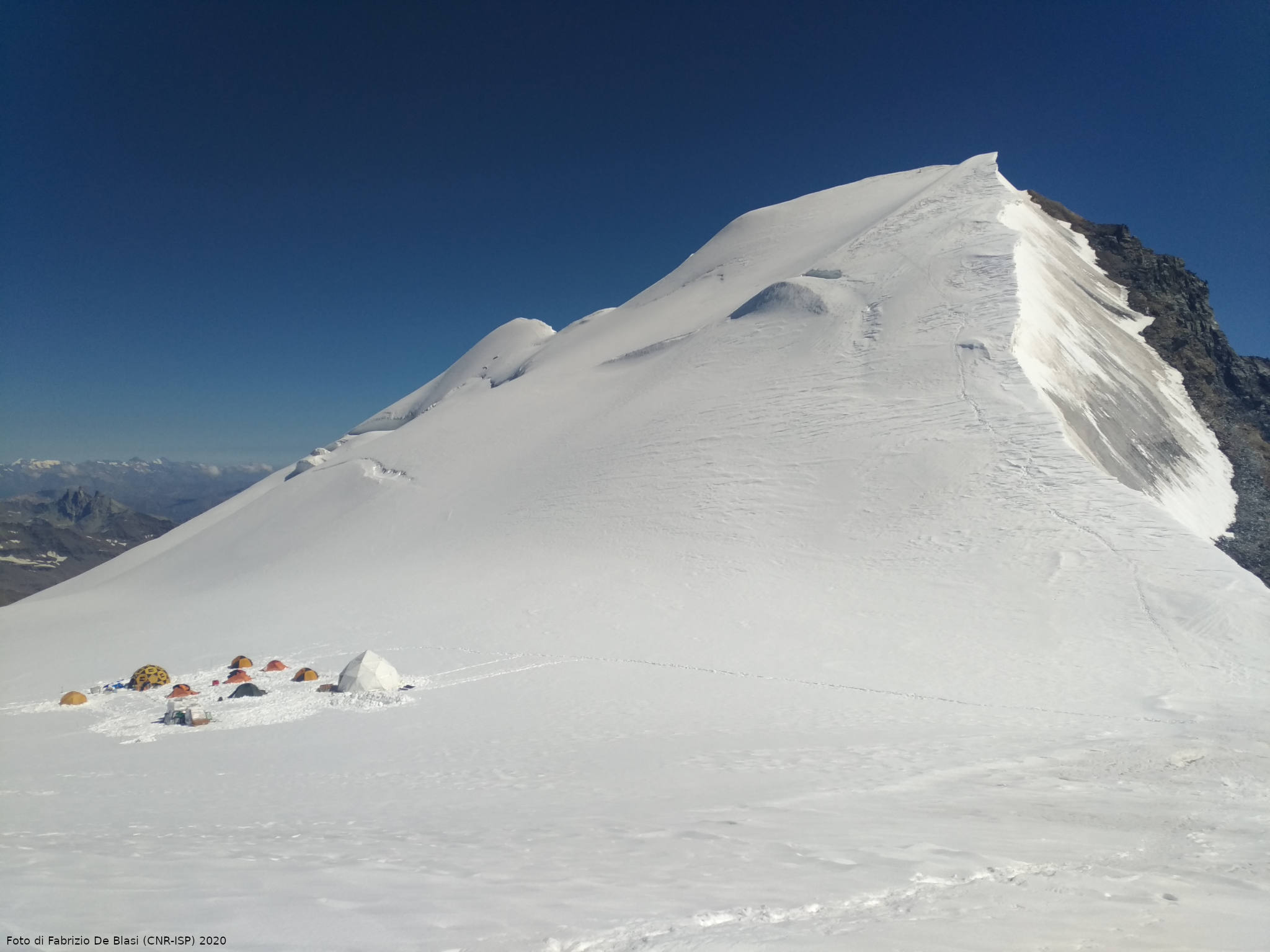
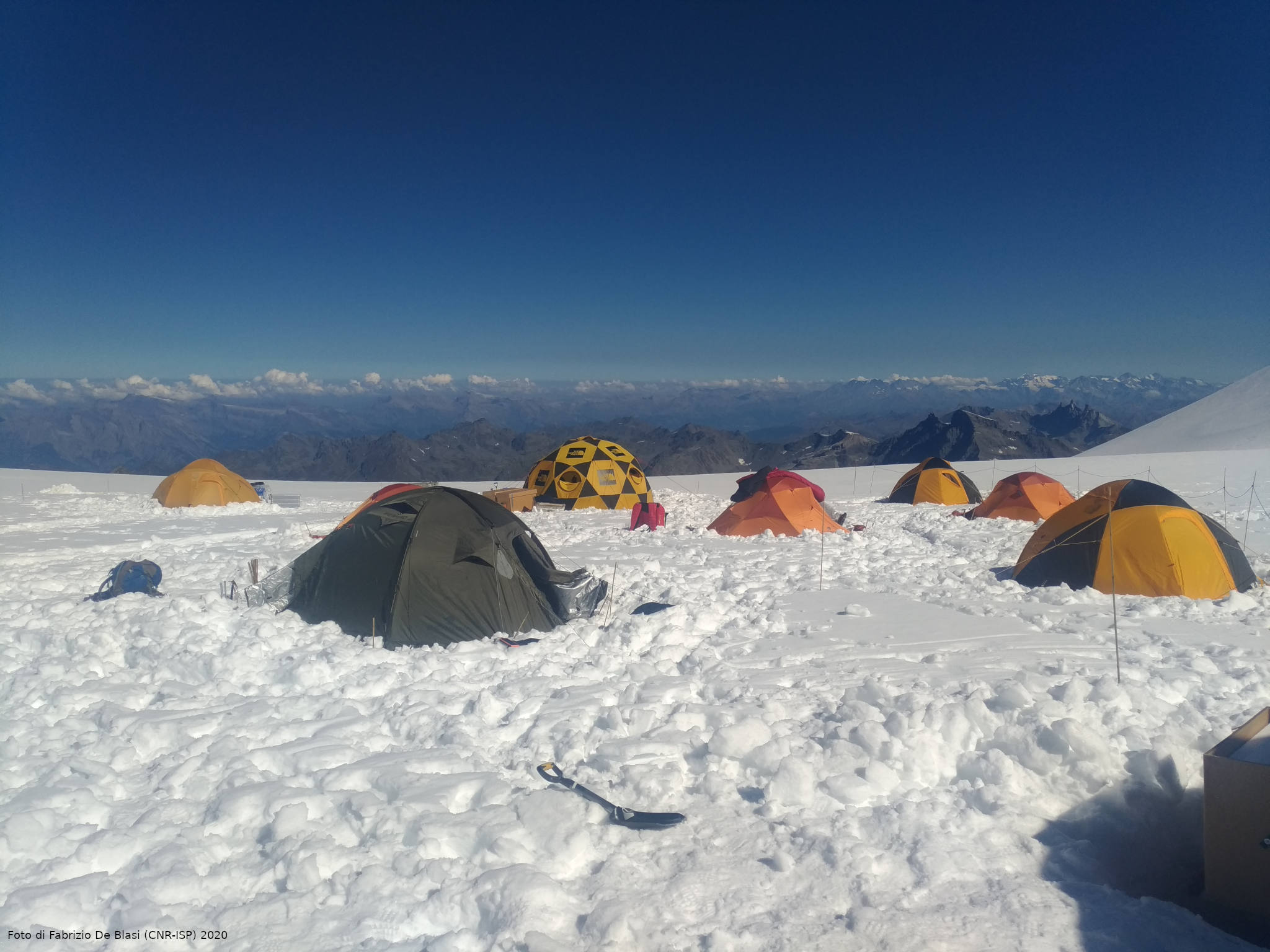
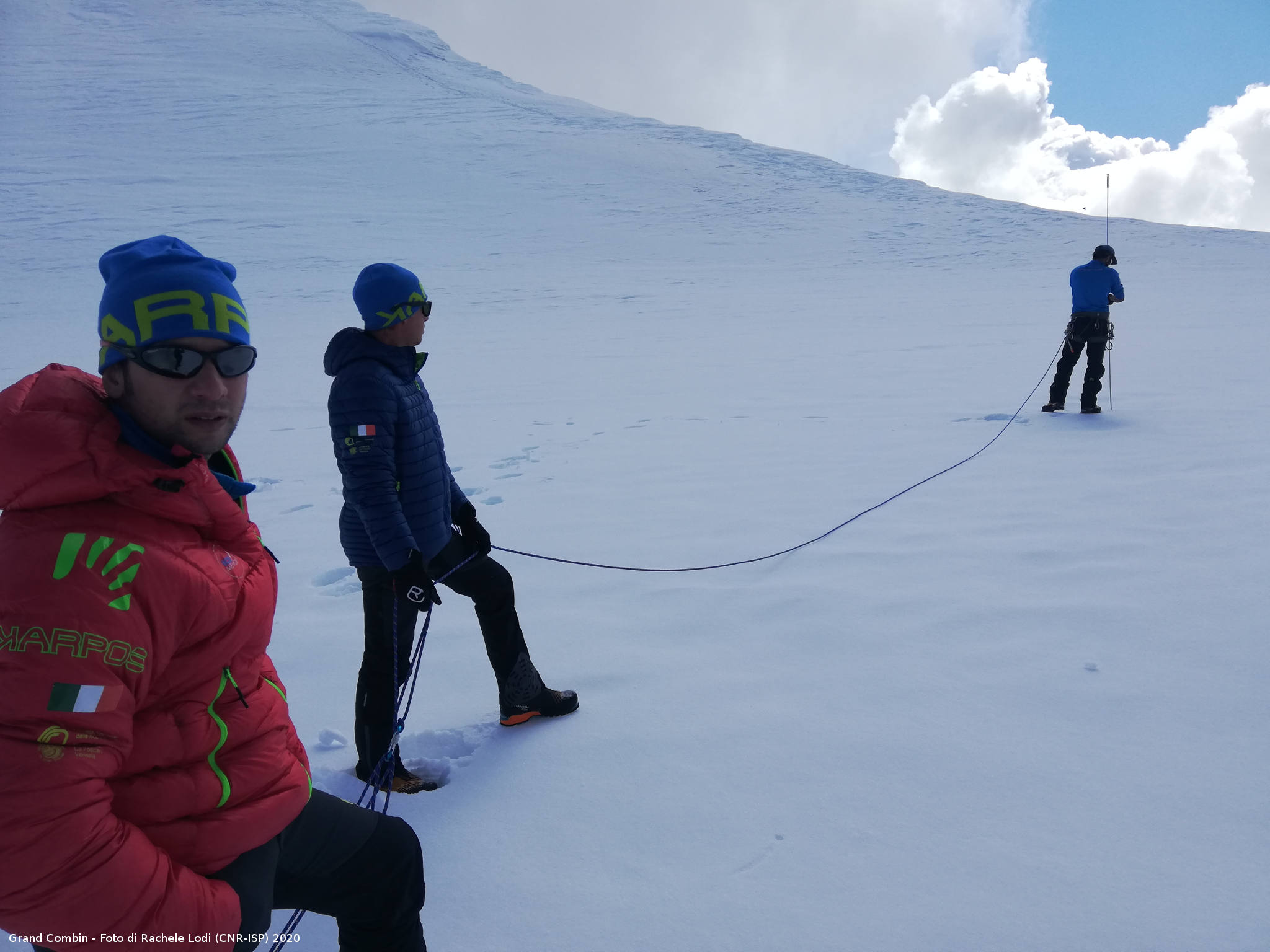
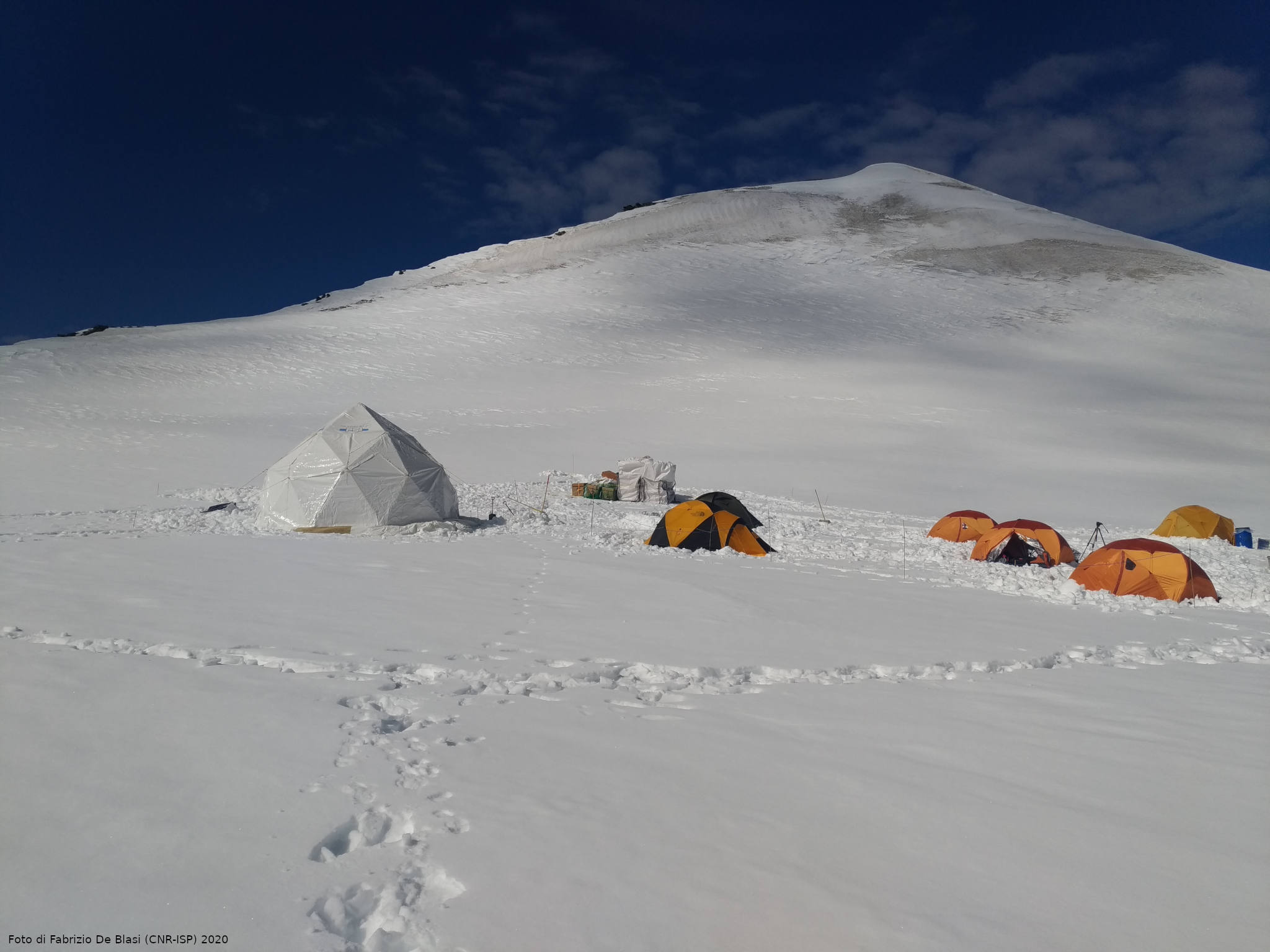





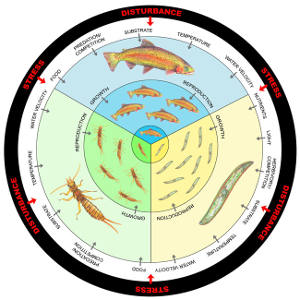
 Deeper understanding of biological processes and recent advances in biotechnology allow us to use the natural world to progress in various industries, such as in the development of drugs and food additives. In general, the term bioprospecting is used to indicate the exploration of living beings and biological materials for biomolecules that may be useful to humans. In this field, poorly known or poorly described genetic resources have a great potential for the discovery of new and valuable natural products. Therefore, polar organisms, given their unusual metabolic abilities and physiological adaptations to extreme environmental conditions, are well suited for this purpose. Furthermore, the possible future potential of polar organisms in of the bioremediation of pollutants, even persistent ones, at low temperatures should not be overlooked.
Deeper understanding of biological processes and recent advances in biotechnology allow us to use the natural world to progress in various industries, such as in the development of drugs and food additives. In general, the term bioprospecting is used to indicate the exploration of living beings and biological materials for biomolecules that may be useful to humans. In this field, poorly known or poorly described genetic resources have a great potential for the discovery of new and valuable natural products. Therefore, polar organisms, given their unusual metabolic abilities and physiological adaptations to extreme environmental conditions, are well suited for this purpose. Furthermore, the possible future potential of polar organisms in of the bioremediation of pollutants, even persistent ones, at low temperatures should not be overlooked.
